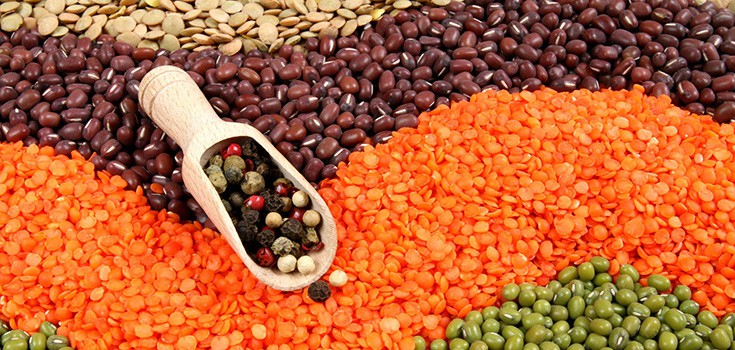Beans Consumption Helps Reduce Blood Pressure, Heart Disease Risk

Eating a cup of legumes a day can lower blood pressure in individuals with Type 2 diabetes, thereby reducing their risk of heart disease, according to new research published in the journal Archives of Internal Medicine.
Added Benefits of Diet with Legumes
The researchers measured the blood pressure, blood fat, blood glucose, and hemoglobin A1C levels of 121 diabetes patients for the study. For the following three months, the patients adopted a special diet: one low on the glycemic index with a cup or more of legumes daily, and the other a “healthy” diet high in whole wheat foods for insoluble fiber.
After three months, researchers took participants’ measurements and found that all participants showed improved levels of blood fat, blood glucose, and hemoglobin A1C levels. Those who ate legumes, however, also experienced healthier levels of blood pressure.
“This is the first study of its kind to specially look at legumes’ effect on cardiovascular risk factors and find they also have a blood pressure lowering effect in diabetic patients,” says researcher Dr. David Jenkins.
Sustainable Treatments
The glycemic index (or G.I.) measures how a food affects blood sugar. Foods that are easily broken down—like white flour—are high on the G.I., which means it causes a blood sugar spike that affects insulin levels. Generally, foods high in fiber and protein break down more slowly in the system, which keeps us feeling fuller longer. This is why the low-G.I. diet is advocated by many people trying to lose weight healthfully.
Beans are very low on the glycemic scale; they stabilize blood sugar levels. The role of a G.I. diet in diabetes treatment is still uncertain, but Marion J. Franz of Nutrition Concepts by Franz, Inc. says legumes are healthy for most people to eat, diabetes or no. This is because beans are high in soluble fiber. The important thing, Franz says, is for “nutrition education and counseling [to] be sensitive to …individuals and their ability to make and sustain lifestyle changes.”
Benefits of Beans
Even if you don’t have diabetes, you can reap the dietary benefits of legumes (beans, peas, and lentils). They contain a sizeable amount of magnesium, which reduces risk of stroke, as well as iron, zinc, and protein. The latter three nutrients can improve the condition of hair, nails, and skin.
Additional Sources:

It's generally a good idea to combine rice with beans in the same meal, thus making them a complete protein containing all the essential amino acids. Don't forget a massive portion of meat as well.